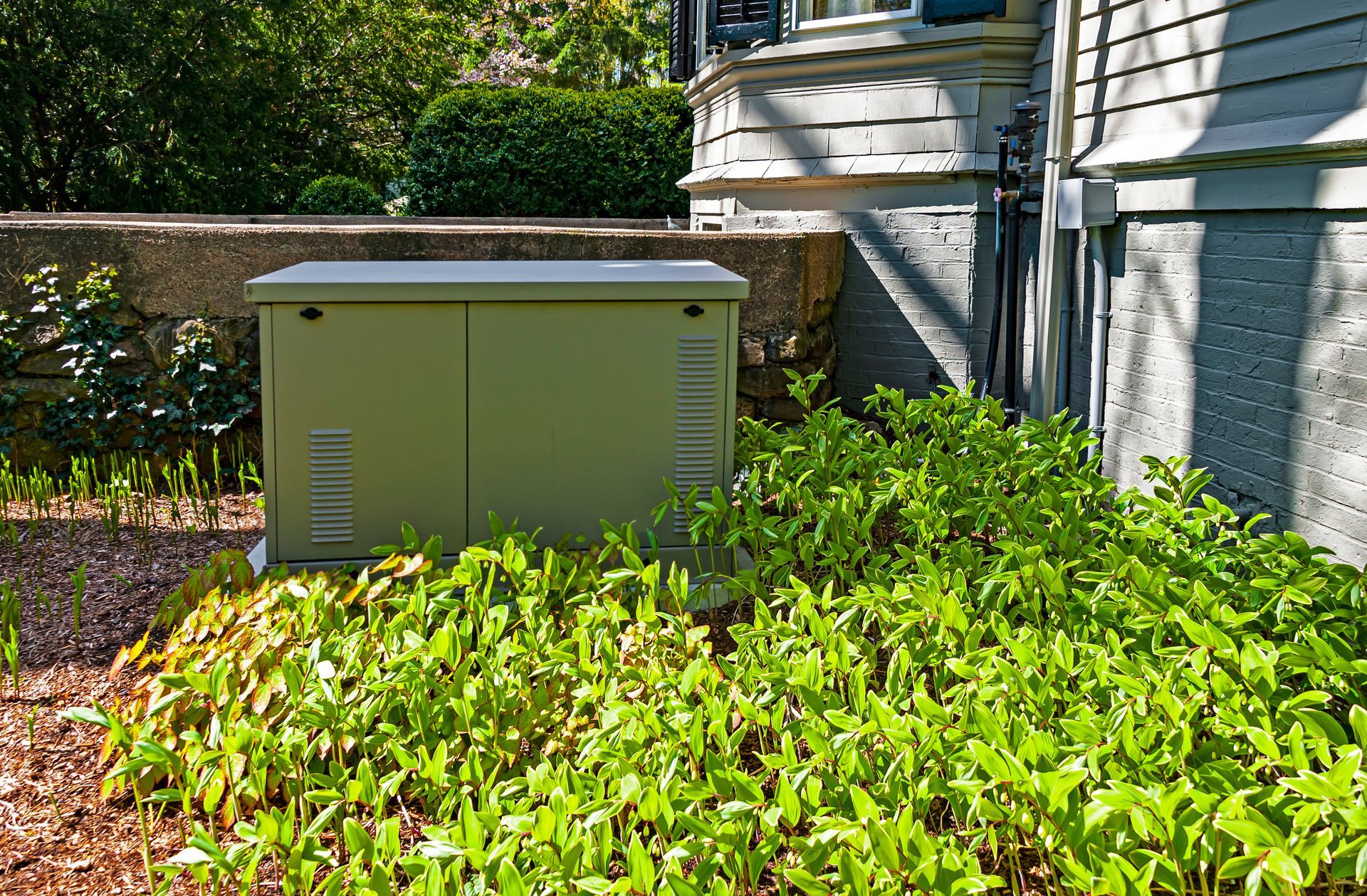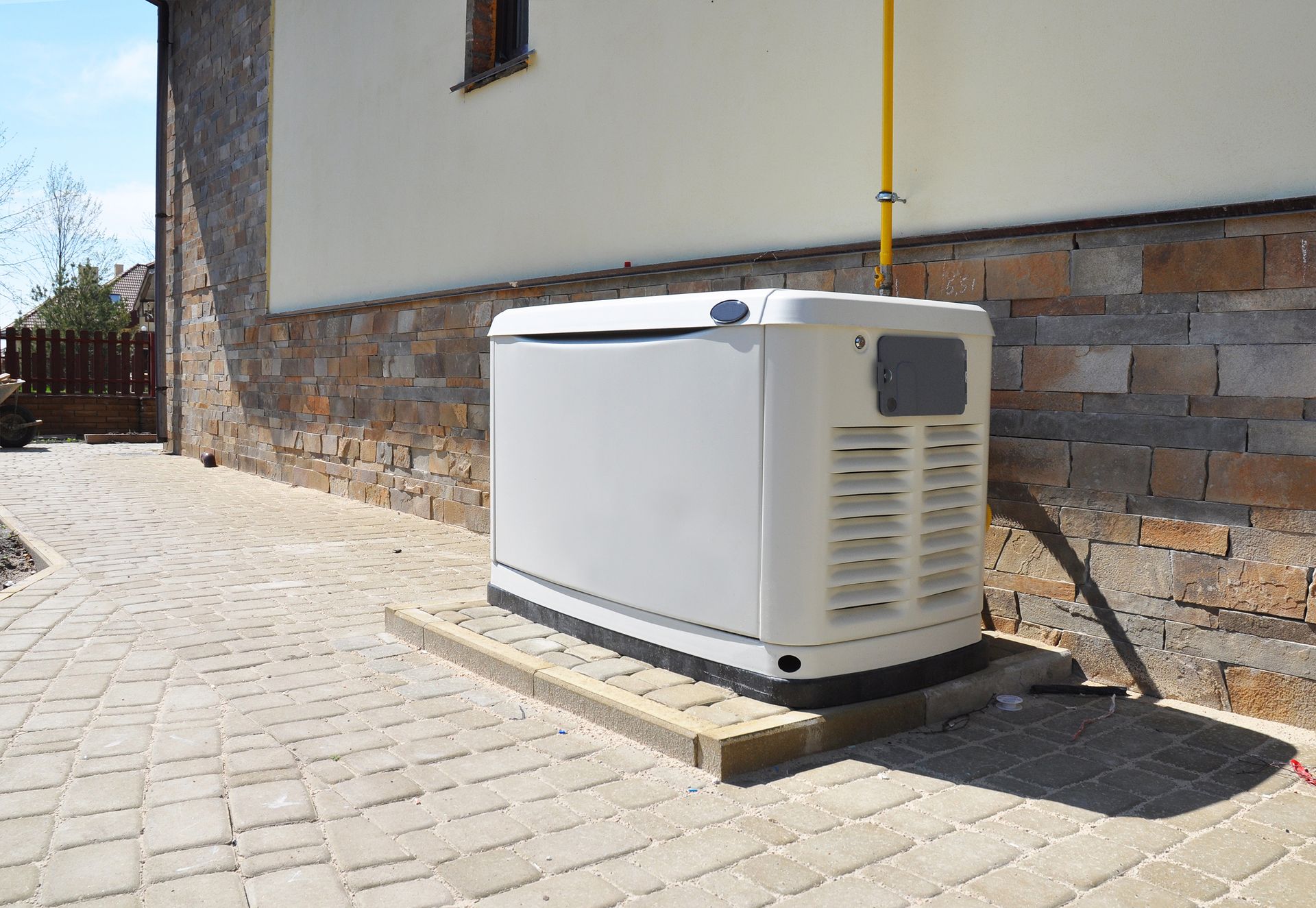Choosing the right home generator size is a crucial decision that hinges on various factors to ensure a seamless power supply during outages. The selection process involves a careful analysis of a home's power needs and usage patterns, with several key considerations coming into play.
Firstly, understanding the specific power requirements of essential appliances is paramount. A comprehensive list of appliances, including refrigerators, heating and cooling systems, lighting, and electronic devices, helps estimate the total power load. Wattage requirements for each device aid in determining the overall generator capacity needed.
The frequency and duration of power outages in a region also play a pivotal role in generator sizing. Homes in areas prone to prolonged outages may necessitate larger generators to sustain continuous power for an extended period. Additionally, considering the seasonality of power interruptions and the potential impact on heating or cooling systems is crucial
Assessing usage patterns is essential. A home with consistent, high power demands may require a larger generator to accommodate peak loads. On the other hand, homes with more intermittent or staggered power usage may find a smaller generator sufficient.
Budget constraints are another factor influencing the decision. While larger generators offer more capacity, they also come with higher upfront costs and increased fuel consumption. Balancing power needs with budget considerations is vital for a cost-effective and efficient solution.
Selecting the right home generator size involves a thoughtful evaluation of specific power requirements, outage patterns, usage characteristics, and budget constraints. By considering these factors, homeowners can ensure they invest in a generator that meets their needs without unnecessary oversizing or compromising functionality during power disruptions.

